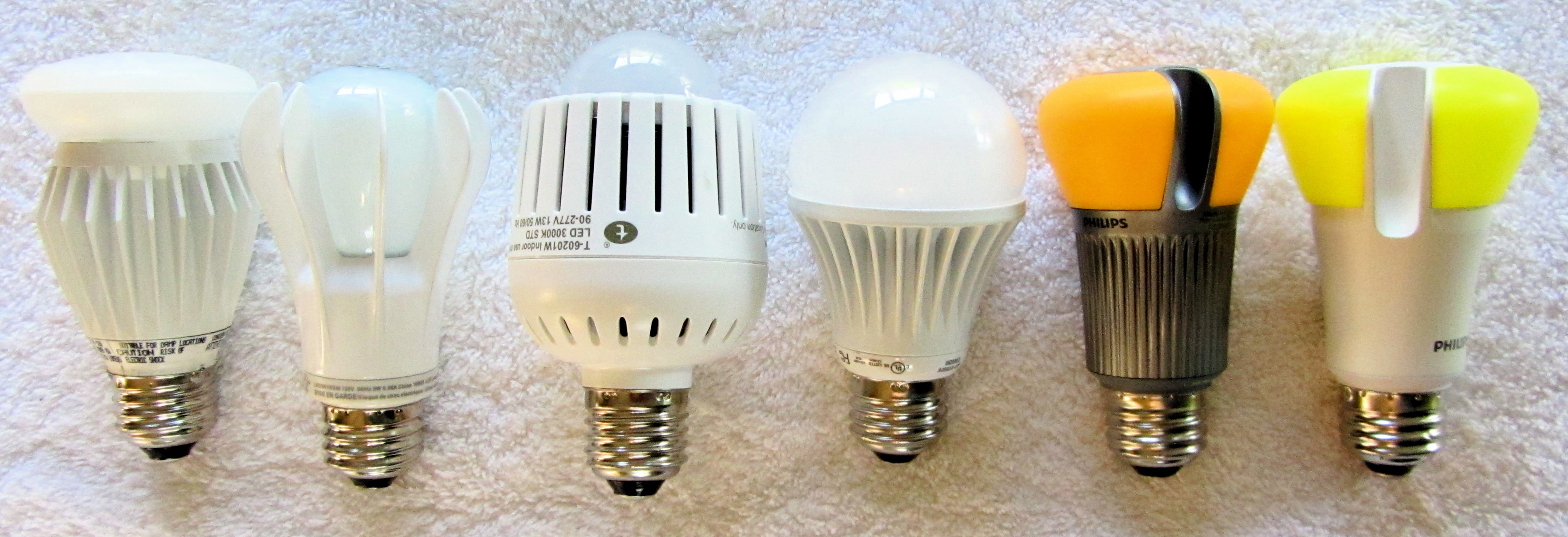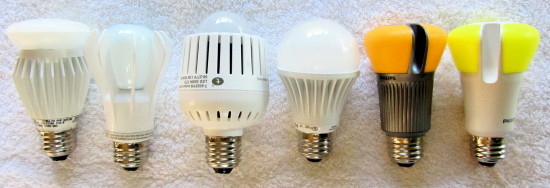Forget about Wi-Fi, the future could be Li-Fi. Scientists in China have discovered a way to effectively provide an internet connection through LED light bulbs with impressive results.
IT professors at Shanghai’s Fudan University have figured out a way of providing internet connectivity for up to four computers from a single micro-chipped LED light bulb, with speeds of up to 150mbps.
Being an LED bulb, the power draw is very low at only 1 watt and is therefore an ideal way to provide a low cost and efficient way of getting online. Although the technology is only really in its infancy, it is thought that it could be the most cost effective way for a nation as big as China to connect to the internet.
The technology is also known as Visible Light Communications (VLC) and has been in the works for a long time, and it’s not just China working on it. Professor Harald Haas went from the University of Edinburgh to starting up his own company, PureVLC, to try to take the technology mainstream. A spokesperson for his company told the BBC; “We’re just as surprised as everyone else by this announcement,”
It would seem from their reaction that the breakthrough in China could be a very big one. The potential for Li-Fi or VLC is huge, mostly due to its very cost-efficient nature and for the fact that LED bulbs are becoming more and more common in most households, so the infrastructure required for Li-Fi is already there, in part. With visible light using the huge electromagnetic spectrum, there’s also practically unlimited capacity for broadband signals, hinting at a very future-proof broadband solution indeed.
Broadband, in all its forms, always has a drawback. With Li-Fi the main drawback is very simple but one which could easily cause problems – if you block the light, you block the internet signal. With Li-Fi, the internet connection is transmitted wirelessly through the light spectrum, so if you block out the light you’ll also block out the internet! On the plus side, Li-Fi cannot be connected to by a device outside of the house or room it is installed in as light cannot travel through walls in the same way which radio signals such as Wi-Fi can, so neighbours and passers-by can’t steal your bandwidth without your knowing – a major plus point for the technology.
The team from Fudan University are hoping to show off some of the first Li-Fi kits at the China International Industry Fair on November 5th, though a commercially available option may not be available for a couple of years yet.

